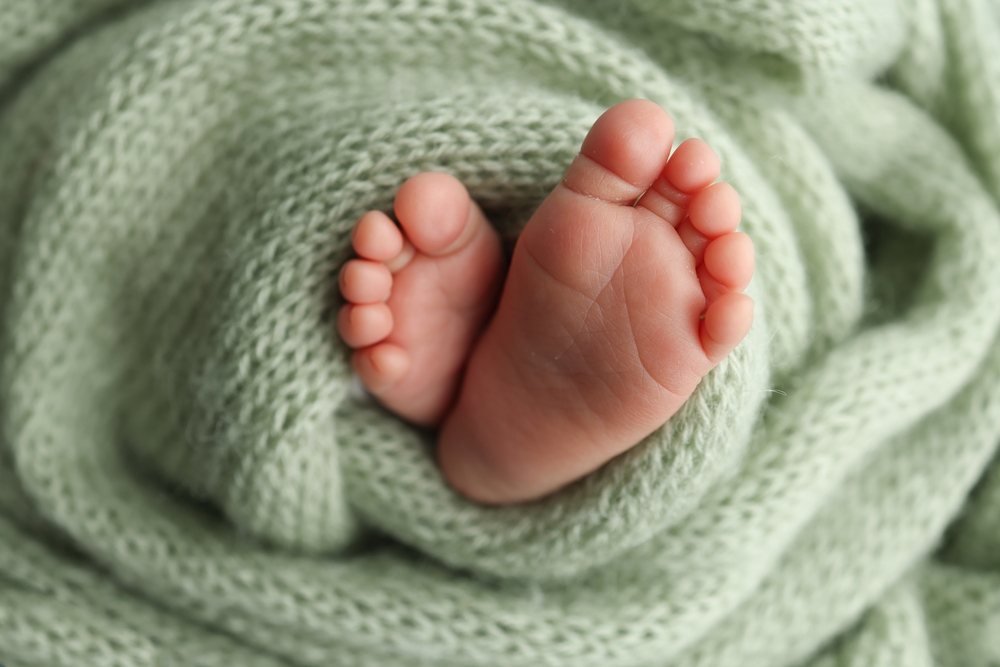Although COVID-19 is known for spreading through the air, there has been much debate on whether the virus can be spread by touching surfaces.
It took over three years, but a British study suggests that touching household surfaces “contributes significantly to spread of COVID-19” after someone within the home has contracted the virus. The study was conducted byImperial College London and released late last week.
"There’s no doubt that if you have COVID-19 you’re emitting the virus into the air as micro-aerosols as well as large droplets that land on your hands and the surfaces around you. What hasn’t been shown, until now, is that the presence of the virus on people’s hands or household surfaces predicts transmission to contacts,” said Imperial College London professor Ajit Lalvani, a co-author of the study.
The study looked specifically at household spread of the virus, which researchers said is the most common way the virus is circulated. The college said that if the virus was found on the primary case’s hands, housemates were 1.7 times more likely to get COVID.

Report: Florida officials cut key data from vaccine study
The nonbinding recommendation made by Florida Surgeon General Joseph Ladapo last fall ran counter to the advice provided by the CDC.
The study also found that if COVID-19 germs were found on a person’s hands, that person was twice as likely to contract the virus. Researchers also said that if the virus was detected on household surfaces, other contacts in the house were 1.7 times more likely to get the virus.
“Our real-life study in London households provides the first empirical evidence to show that the presence of SARS-CoV-2 on people’s hands and surfaces contributes significantly to spread of COVID-19. Since we didn’t systematically sample household air, we cannot rule out airborne transmission occurring in parallel,” Lalvani said.
The Centers for Disease Control and Prevention has said the virus can be spread through surfaces, but there is little evidence to support frequent disinfection of surfaces in community settings. The CDC, however, has acknowledged the need to disinfect surfaces when sharing a household with someone who has COVID-19.
“Surface disinfection has been shown to be effective for preventing secondary transmission of SARS-CoV-2 between an infected person and other people within household,” the CDC said.










